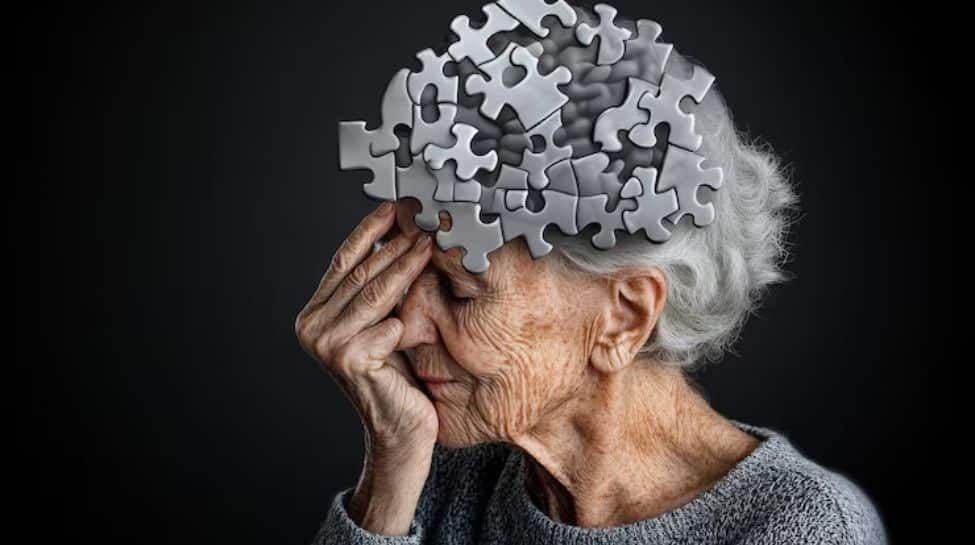Alzheimer’s disease is a progressive neurodegenerative condition that slowly erodes memory, thinking skills, and the ability to carry out simple tasks. With over 55 million people affected by dementia globally, and Alzheimer’s being the most common form, the stakes are high. While there is currently no cure, early detection offers one of the most powerful tools we have to fight the disease’s progression.
Why Early Detection Is Critical
Catching Alzheimer’s in its earliest stages—sometimes even before symptoms become noticeable—can drastically improve quality of life. Here’s how:
- Access to Treatments: Some medications and lifestyle interventions can slow symptom progression, especially when started early.
- Planning Ahead: Early diagnosis gives individuals and families time to prepare, make legal and financial decisions, and set care preferences.
- Participating in Clinical Trials: Early-stage individuals may qualify for clinical trials that could offer access to cutting-edge treatments.
Yet, many cases are diagnosed far too late—often when memory loss and confusion are already disrupting daily life. That’s where home-based early detection tools can change everything.
The Breakthrough: A Three-Minute Home Test
Imagine a world where checking for early signs of Alzheimer’s is as easy as checking your blood pressure. Thanks to recent advances, that world is becoming a reality. Researchers have developed a simple three-minute home test that may help detect early cognitive decline, long before it becomes obvious to loved ones—or even to the person experiencing it.
While not a definitive diagnosis, these short tests can screen for early warning signs such as:
- Trouble recalling words or recent events
- Difficulty with simple calculations
- Changes in attention span and reasoning
These assessments are easy to use, require no special equipment, and can be taken multiple times to track cognitive changes over time. They are designed to prompt further investigation by a healthcare provider—not to replace one.
How These Tests Empower You
- Convenience – No appointments, no waiting rooms—just three minutes at home.
- Awareness – Knowing where your cognitive health stands can inspire lifestyle changes to improve brain health.
- Proactivity – If concerning patterns emerge, you can seek medical evaluation before the disease takes a firmer hold.
What to Do If the Test Raises Concerns
If a home screening indicates potential cognitive decline, don’t panic. Instead:
- Schedule a professional evaluation with a neurologist or memory care specialist.
- Document changes—keep a journal of symptoms or patterns.
- Adopt brain-healthy habits, including exercise, a Mediterranean-style diet, mental stimulation, and social connection.
(This article is meant for informational purposes only and must not be considered a substitute for advice provided by qualified medical professionals.)

